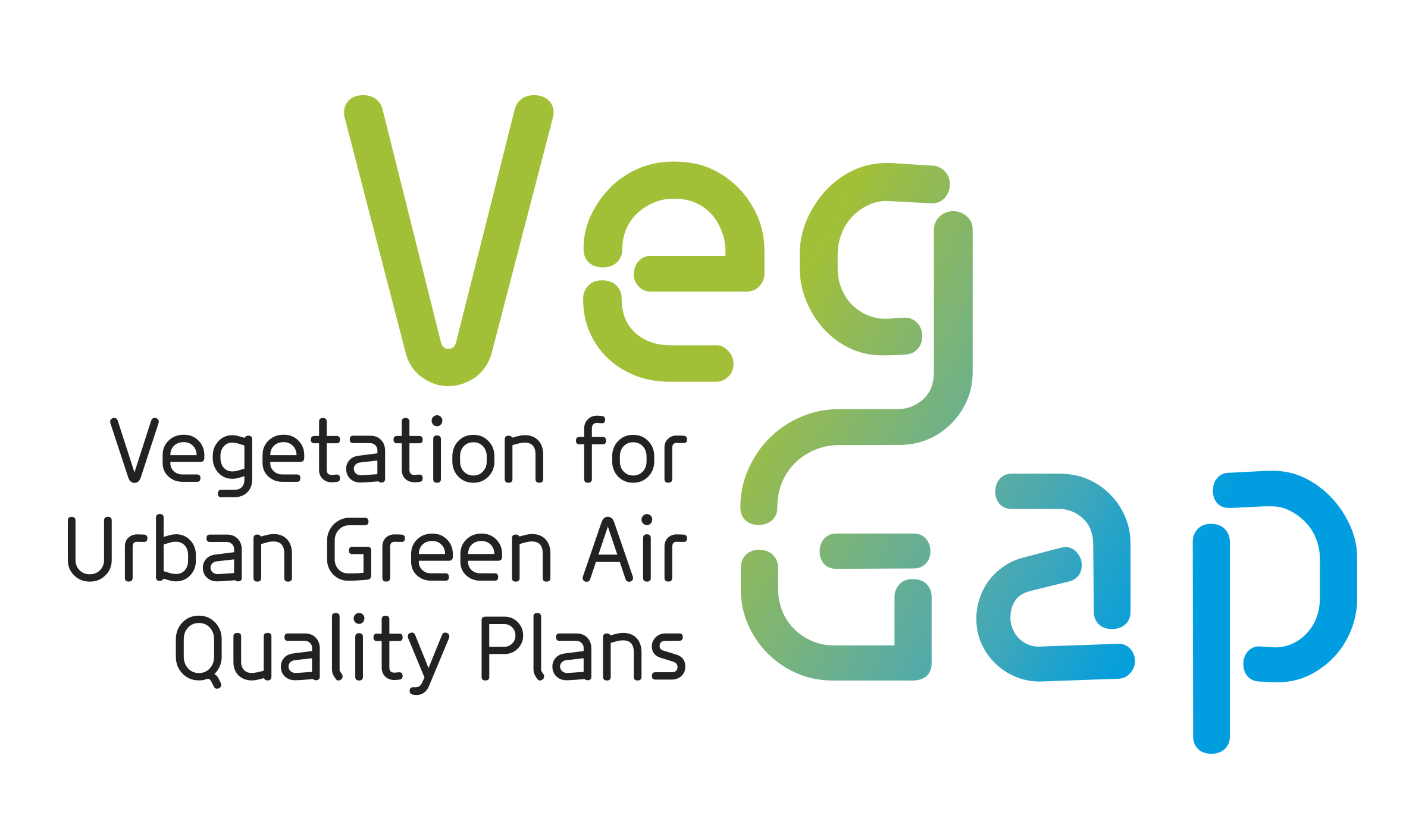ProGIreg, nature revives the post-industrial areas in the city
We recently told the European project "CLEVER Cities" that focuses on NBS (natur-based solutions) as a tool for urban regeneration. Milan is one of the leading cities in this project. Another large Italian city, Turin, is among the participants in the ProGIreg project, also funded under the European Union's Horizon2020 action. Also, in this case we go in search of solutions based on nature but ProGIreg focuses in particular on the "Green productive infrastructure for post-industrial urban regeneration".
Launched in 2018, the project will end in 2023 and sees four cities at the forefront: Dortmund (Germany), Turin (Italy), Zagreb (Croatia) and Ningbo (China). All host Living Labs in post-industrial districts where nature-based solutions are developed, tested and implemented. In addition to these there are other global cities that work together for the project: Cascais (Portugal), Cluj-Napoca (Romania), Piraeus (Greece) and Zenica (Bosnia and Herzegovina). All closely follow the progress in Living Labs and engage in city-to-city exchanges to replicate nature-based solutions.
A common conviction is that nature-based solutions have enormous potential to face technical, social and economic challenges and make urban transformation work with and for citizens. The productive green infrastructures that are created not only help improve living conditions and reduce vulnerability to climate change, but also provide measurable economic benefits to citizens and entrepreneurs in post-industrial urban districts. One of the peculiarities of ProGIreg is the fact that local citizens, governments, companies, NGOs and universities design solutions together and make them possible.
In Turin, seven targeted actions in the Mirafiori Sud district
The first project is the experimentation of a new soil, obtained from a mix of compost and excavated earth and rocks, to reconstruct a green area within the Sangone Park. The second is the establishment of an area, open to citizenship and regulated, for urban cultivation in the Sangone Park. Then there is the experimentation of a sustainable agriculture system thanks to the aquaponics technique, which foresees the growth of edible crops using nutrients produced by fish species. A fourth project sees the installation of green walls that can reduce CO2 and enhance biodiversity in brownfield areas. The construction of "green corridors" is also planned to encourage cycling and pedestrian access to the neighbourhood while enhancing its natural heritage. The sixth action is the creation of a document that represents a detailed catalogue of the NBS that favours their use by companies. Finally, the seventh is the promotion and monitoring of the settlement of pollinating insects in the green areas of the neighbourhood. This last project also includes a training program for patients in a neighbourhood health facility.
To learn more about the ProGIreg project follow the link below


